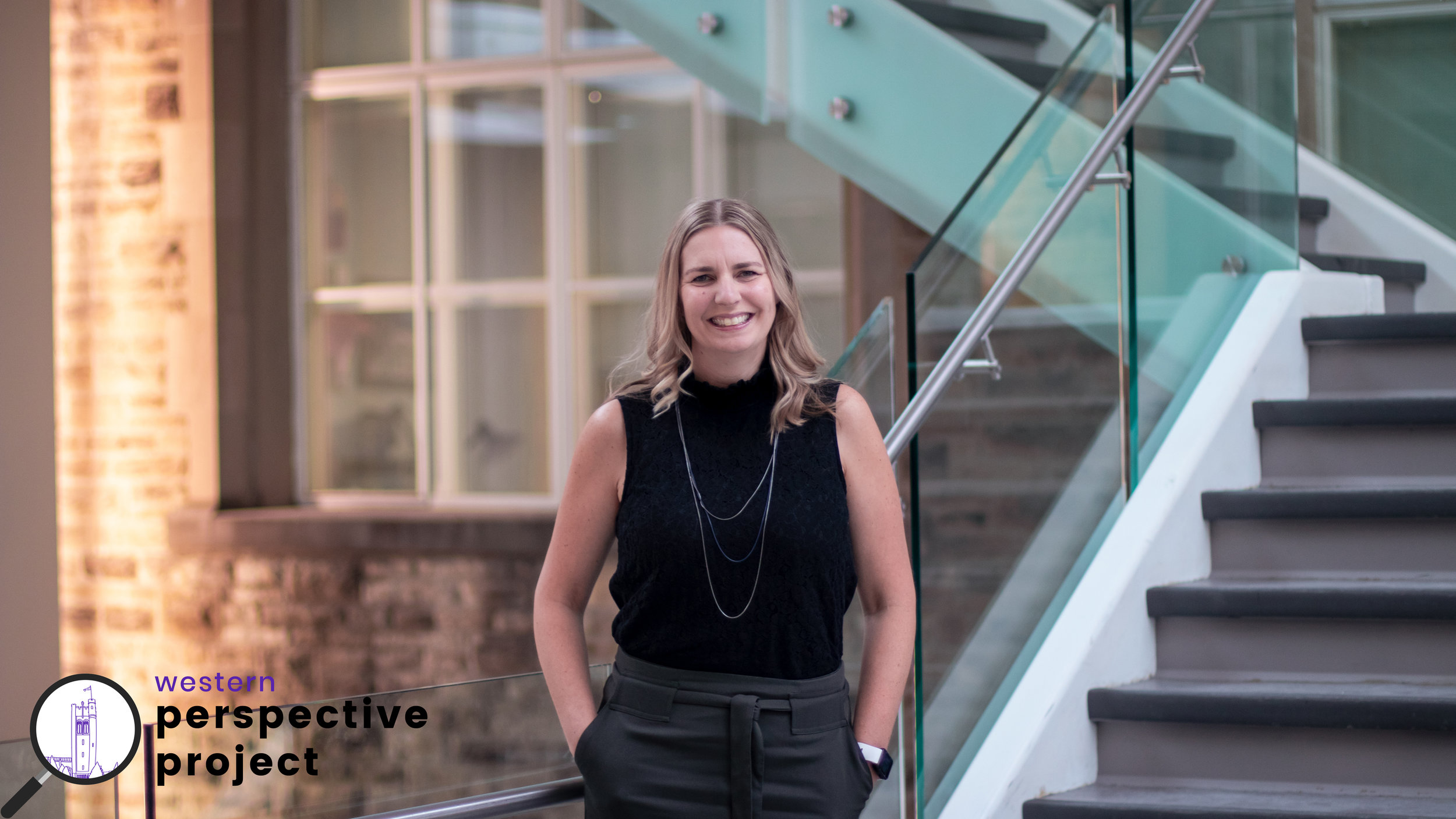Dr. Angela Beye
You are not a failure
No one likes to fail. My first "date" with failure was first-year calculus. I distinctly recall my professor stopping me after lecture, shortly after my first midterm, to let me know that he recommended I drop the class. I was horrified! I wondered what he thought about me. Maybe he thought I was a slacker, not intelligent, or not capable. My immediate response was to kick it into high gear, spend countless hours dedicated to calculus, and find a friend that could break down concepts for me. It was hard and many days I didn’t want to, especially when my roommate and other floormates seemed to always be having fun. But I knew in the long run, even if I wasn’t successful, I could say I gave it my all. In the end, I was so relieved when I pulled through with a pretty decent grade overall.
But my response to failure hasn’t been consistent. I didn’t always turn it around into a success. For example, I took a completely different approach during my next memorable failure, my third-year physiology lab report. I was embarrassed by performance. How could I have received a failing grade for my program? I had actually worked really hard on that paper! So instead of trying to improve, I filed the paper away, thinking I must be a terrible writer and was simply too ashamed to look at it or seek help. In other words, I believed I was a failure and felt defeated.
It is funny how one person can respond to failure in completely different ways. Moments of failure are sobering. They can teach us a lot. But since graduating and accumulating more “failure miles”, I have thought a lot about my responses. Now I tend to ask myself these questions: 1. Did I put my best foot forward? 2. Is there anything I could do differently next time? These two questions have been instrumental in making sure I don’t make failure my identity.
Sure, I have failed at things, but I am not a failure. I have encountered situations that did not go the way I planned or hoped, both personally and professionally. However, if it was my best effort or I learned how I might better approach the situation in the future, how can I consider myself to be a failure? I have discovered that viewing failure through this lens is freeing.
I am generally willing to take risks now. I have tried things in my lectures that sometimes don’t work out. I have even left some lectures in tears. But I have come to realize if you don’t try, you just never know the outcome. Most recently, with that attitude in mind, I signed up for a half marathon race. I fully realized that I may not run across that 21.1 km finish line. And yet I did! By not allowing failure to become my identity, I have acquired a willingness to tackle things I may not even be very good at. As a result, I have become more courageous. If you do your absolute best and learn how you might improve along the way, you have nothing to be ashamed of. You are not a failure.
